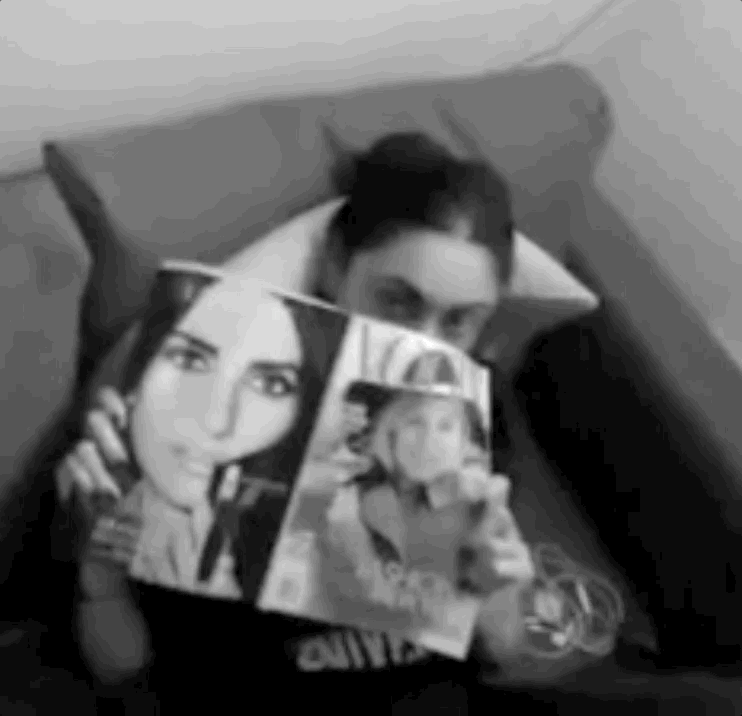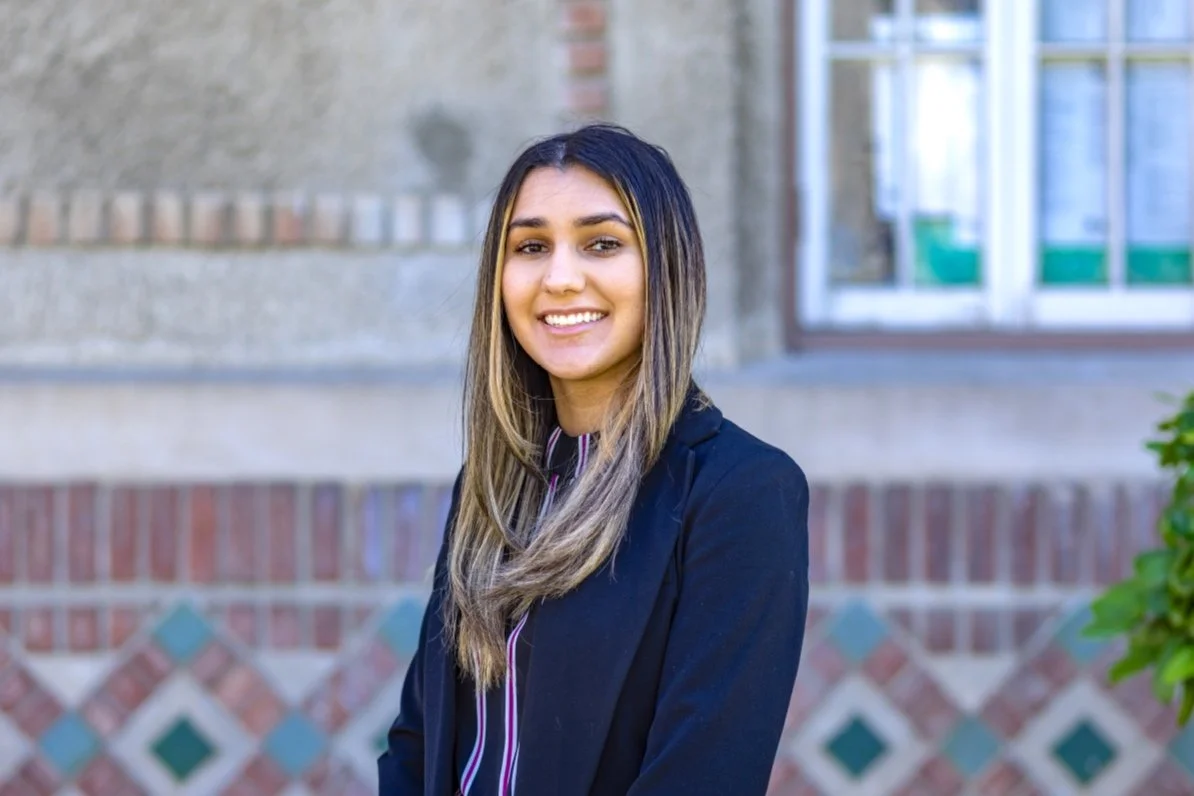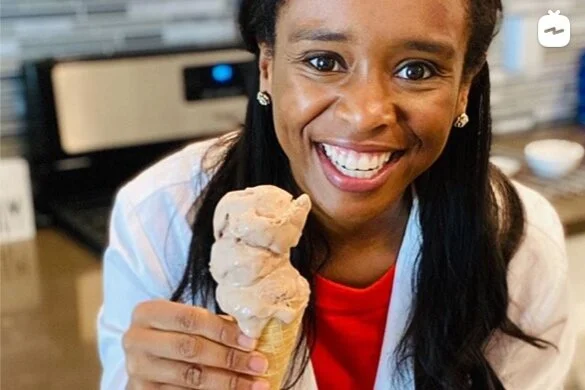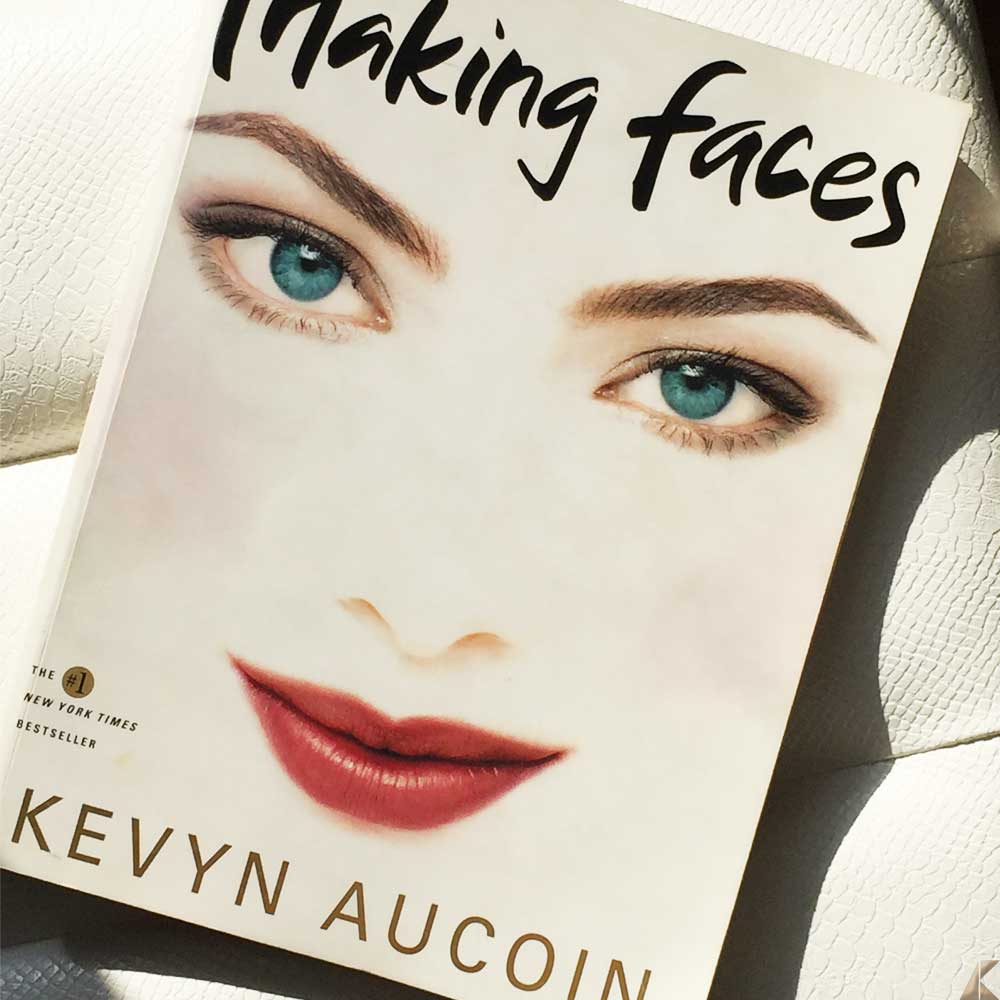Dr. Flores Hits Us with the Extra Good $auce : The Path to Becoming a Bad A$$ $cientist and Life Beyond
“I balance being a mom, a scientist, and an entrepreneur.”
$cientist: Marcella Flores, PhD, MPH
Job Title 1: Associate Director of Research at amfAR, The Foundation for AIDS Research
Job Title 2: President and CEO of the Reagent Project in Brooklyn, NY
Years in the Game: One and 1/2 yrs
Education: PhD, MPH
Whereabouts: The NYC
What influenced your decision to become a scientist?
Science was a theme in my household growing up. In high school the science courses had been always the most fun for me. But it wasn't until I heard a news commentary on the radio about MSF's (Médecins Sans Frontières) effort in war torn countries that medicine became my focus. I'd never heard of MSF before then and I realized that becoming part of their mission was one way to help level the injustices brought on by war and poverty.
Why did you decide to get an MPH and PhD?
MSF made medicine my focus which meant that I had to go to medical school. But truthfully, I didn't have the grades to be competitive for med school. After my bachelor's degree in biochemistry, I went to work for a startup biotech company in Malibu- that was my first science job. It was thrilling and I dove right into lab life. I loved designing experiments and testing hypotheses. I felt privileged to be part of a community of people with the simple goal of discovering how life worked at the biological level. But the obsession with MSF continued. If I wasn't going to be a doctor for them, I had to figure out how else I could contribute. That's how I came upon the field of epidemiology. But the two years it took to finish that degree were torture because I had fallen in love with research by then. In science, having a PhD is the only way to move upward. So I went to grad school. I made the right choice. I love my job and I got to start a nonprofit that will in a different way, level the playing field for scientists in need.
Any advice to students who want to be STEM-mers?
I think that the most important thing that a person can do for themselves is find a job that they are truly passionate about because they are going to be doing this for the rest of their lives. For a lot of the people who choose the sciences, it’s not because they want to become rich and famous, but because they find it overwhelmingly interesting and that’s the best service that they can do for yourself and humanity. Do a lot of background work like reading interviews like this on how scientists have leveraged their degrees. Talking with people who are going through the trenches should be taken with a grain of salt because every graduate student will say that ‘my project is stalling and my mentor is horrible’, but it’s actually a very short period of time in your lives. Once you are committed to going to grad school, find mentors who are progressive and who allow you to do internships, so you can grow outside of academia. Having someone supporting you is key.
What are differences in science training between the US and Europe (France)?
My first postdoc was at the Institute Curie and the second at Columbia. A post-doc abroad was the right thing for me since I was educated primarily in the US aside from elementary school in Costa Rica. The training is not different; the training and access to equipment was stellar in France. The challenges of doing science internationally is real because of certain obstacles. For example, you don’t always get reagents from manufactures right away since most are in the US. Your work might be delayed by this, thus prolonging your term.
How do you balance work and life?
I learned how to balance who I thought I would be and who I am. I balance being a mom, a worker, and an entrepreneur. It’s hard; it’s a challenge to have a 9-5. I am a single mother of two and I have a nanny, which I'm appreciative of. When your kids wake up with a fever, they take precedence. I had my children during my postdocs, which was day and night between France and the US. I had 4 months leave in France and it was more affordable and supportive. I would leave at 5PM everyday, as would all the other parents at the institute because it was normal. It was expensive in the U.S. and I felt guilty leaving at 5PM to pick up my kid because it was not professionally appropriate. I thought that I was a hard worker at my job, but now I’m a hard worker at my life.
Have you seen differences between men and women in the academic or non-profit work environment?
I’m in a very special place, so no. amfAR has its history in the AIDS epidemic, so it’s a very progressive organization. It was founded by people who were very progressive, like Mathilde Krim and Elizabeth Taylor, who understood that homosexuality was just another label. My issues in grad school stemmed more from my ethnicity than from my gender. Once at a faculty party, I was mistaken for a server even though I was with other med students. It occurred to me that they thought that I must not be a student since everyone who was serving looked just like me.
How do you cope with issues that may come your way?
I focus on what I need to get done to move forward and don’t think too much about any possible roadblocks. For example, when I decided to move from California to NYC, it hit me after the move that my environment was different. I didn’t let it stop me; I just moved forward and focused.
Extra Extra Good $tuff
What activities do indulge in that are not related to work?
I love hip hop and dance as often as possible. I'm surprisingly proud of the fact that I share a birthday with Biggie! I also love photography and recently checked out the Diane Arbus exhibit at the Met. It was superb and her 10 photographs collection killed me!!! I also frequently go out for jazz in the village: 55bar, Smalls...
Who are your favorite artists?
Currently: Diane Arbus, Edward Hopper, Biggie Smalls, Stan Getz
Check out how Dr. Flores manages being Associate Director at amFaR and CEO of her non-profit The Reagent Project.
SCIENCE IS BEAUTY™
EFFORTLESSLY BEAUTIFUL IN THE LAB.














